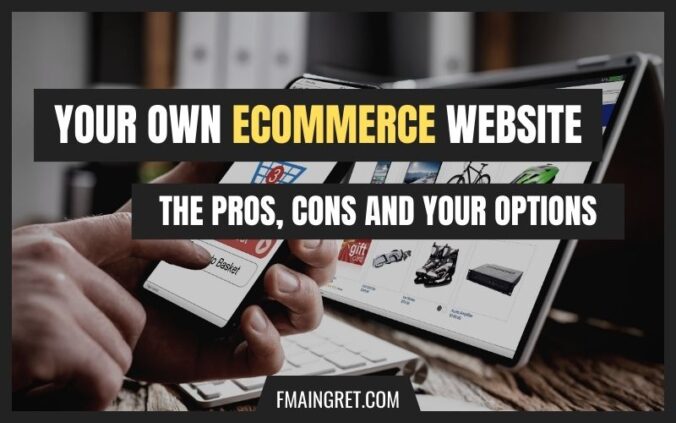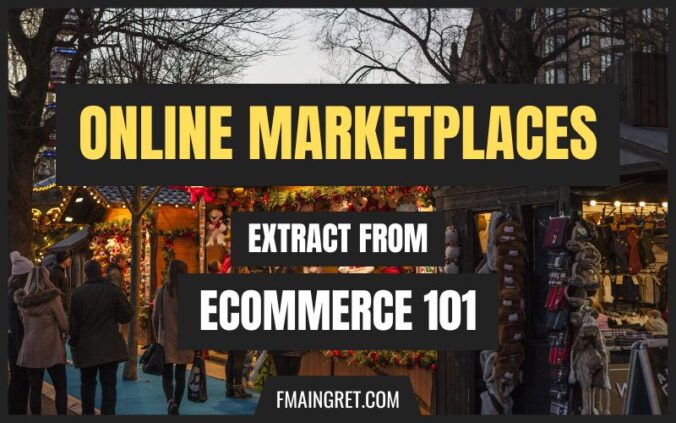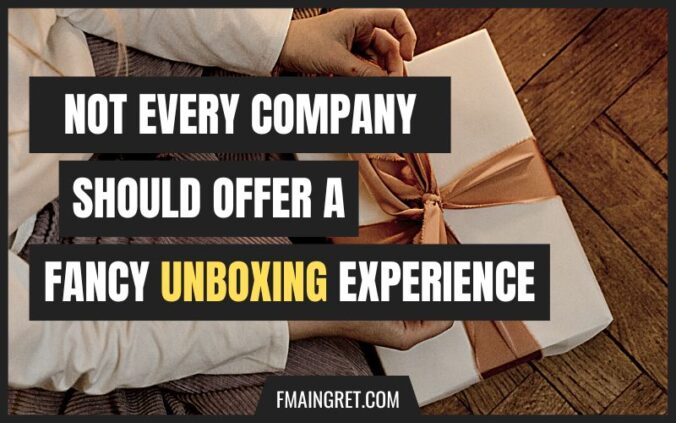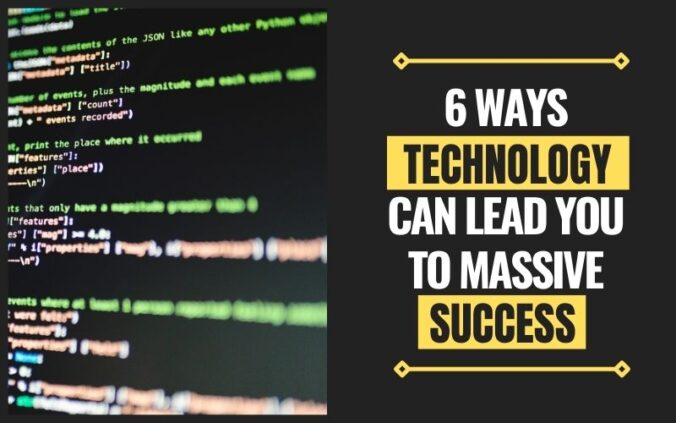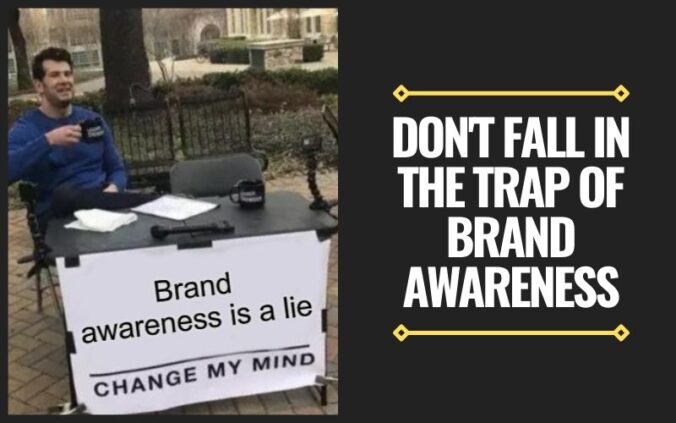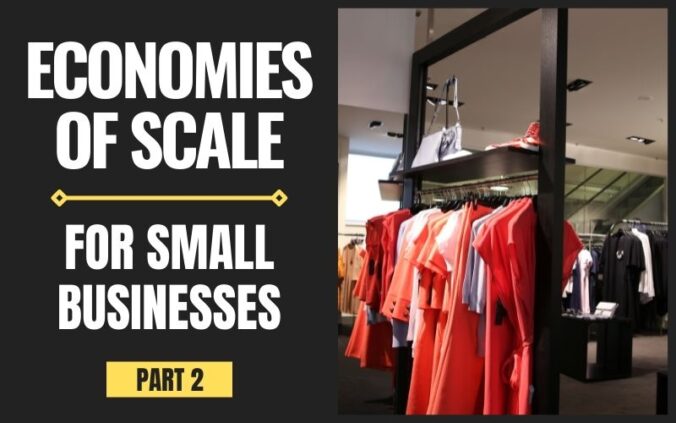Some people remember their first kiss, others their first time flying, I remember my first Amazon order. It was almost a decade ago, I had just moved to Philadelphia as an exchange student. I remember finding the stupidly expensive textbook I needed for a class on Amazon at 20% of the university bookstore price. This is when my journey with Amazon began. Back then, Amazon US already offered a huge selection of products, compared to European marketplaces. I was fascinated by how easy it was to find unique products and great deals. And let me tell you, things have changed. Sometimes, I’d like to go back in time and analyze the 2014 Amazon to compare it to the current version. As we will see in this article, there were many changes regarding the product search process. Changes so radical the FTC now has an eye on it.
Continue readingTag: marketing (Page 3 of 4)
In the age of Amazon.com, is it still relevant for brands to have their own ecommerce website? Many entrepreneurs use Amazon, or other marketplaces as their primary and only sale channel. Others focus mostly on their own website. And a lot of businesses go with a hybrid approach and sell on multiple sales channels. So what is the right approach? And is a website still necessary?
Continue readingPerhaps not everyone is familiar with the Good-Better-Best approach in business, but we have all experienced it as customers, no matter where we shop. Booking a plane ticket? You’ll have to choose between Economy, Economy-Premium, or Business. Pumping gas? Your options are Regular, Midgrade, or Premium. It is an easy concept to understand, and many businesses across various industries are using this approach, while others are still not offering tiered pricing. The G-B-B strategy has many advantages, and if done right, can bring a lot of extra revenues.
Continue readingThe article below is an extract from my book Ecommerce 101. As the title implies, this is a book for people with no prior experience and knowledge of Ecommerce. This sections goes through the very basics of what online marketplaces are, how they work, and the pros/cons of selling on these platforms.
Continue readingIf you’re anything like me, you get way too excited when you receive a notification telling you something you ordered was delivered. Unpacking and having to remove tons of tape and packing materials can kill this initial excitement. However, some companies manage to make this process exciting and provide a fun and enjoyable “unboxing experience”. You probably even came across content creators posting these “unboxing videos” and showcasing products they like. Is it worth putting so much effort into making the packaging as attractive as possible? Would every entrepreneur benefit from offering their customers this experience?
Continue reading“Metaverse”, “Cloud Computing”, “Datafication”; these days, it feels like every other news article about business is trying to use as many technology keywords as possible. We hear about innovation and disruption in the entertainment, medicine, and transportation fields everyday. I’d say that half of the people using these buzzwords have no idea what they are talking about, but they feel they have to use them to sound smart. It is easy to get a sense of technology being important for businesses and entrepreneurs, including those operating online. A huge part of top companies are tech for certain reasons. Technologies and technical processes can create opportunities and improve operations. After all, the internet is the reason ecommerce exists in the first place. But technology can also kill businesses unwilling to adapt to the ever-changing environment. Let’s see how.
Continue readingI recently purchased a Fitbit watch, and I fell in love with it. I now spend more time tracking my heart rate and sleep patterns and finding ways to “improve” my scores. Maybe I am a fitness nerd, but I find all this data and fancy reports addicting. But why did I buy this watch in the first place? In my last two articles, I talked about how politics and inflation affect business and Ecommerce strategies. Today, I want to discuss the impact of societal factors and give a few examples of opportunities they have created over the last few years.
Continue readingThe difference between penny-pinching and true low-cost strategies
Happy New Year to my readers! I know it’s been a while; I took a short break from writing during the holidays (and after getting a bad case of Covid), but I am excited to be back with more content.
Over the last few weeks of 2021, I wrote about economies of scale and discussed ways for businesses to improve their bottom line. Of course, every company wants to lower their costs to either improve their profits, pass savings onto their customers to gain market share, or for other reasons. But some companies are going further and excel at reducing costs: these are the successful adopters of low-cost strategies.
Continue readingIn the last few years, “brand awareness” became one of the most popular buzzwords in the digital marketing world. Every week, I receive marketing emails from digital consulting agencies telling me how they can help me “build brand awareness” or “increase brand awareness”. That sounds great on paper, and I think brand awareness can be a positive thing. However, what I’m seeing is that the necessity of building brand awareness has become overblown, especially for small niche businesses on a limited marketing budget. I wish I had time to ask these marketing agencies what they mean exactly by “increasing brand awareness”, and I suspect some of them are preying on businesses with limited knowledge of marketing strategy.
Continue readingIn the last article, we looked at how small businesses can take advantage of commercial, technical, and marketing economies of scale. But there are two more types of economies of scale that I’d like to talk about: network and managerial. Let’s see what small businesses can do to exploit these.
Continue reading